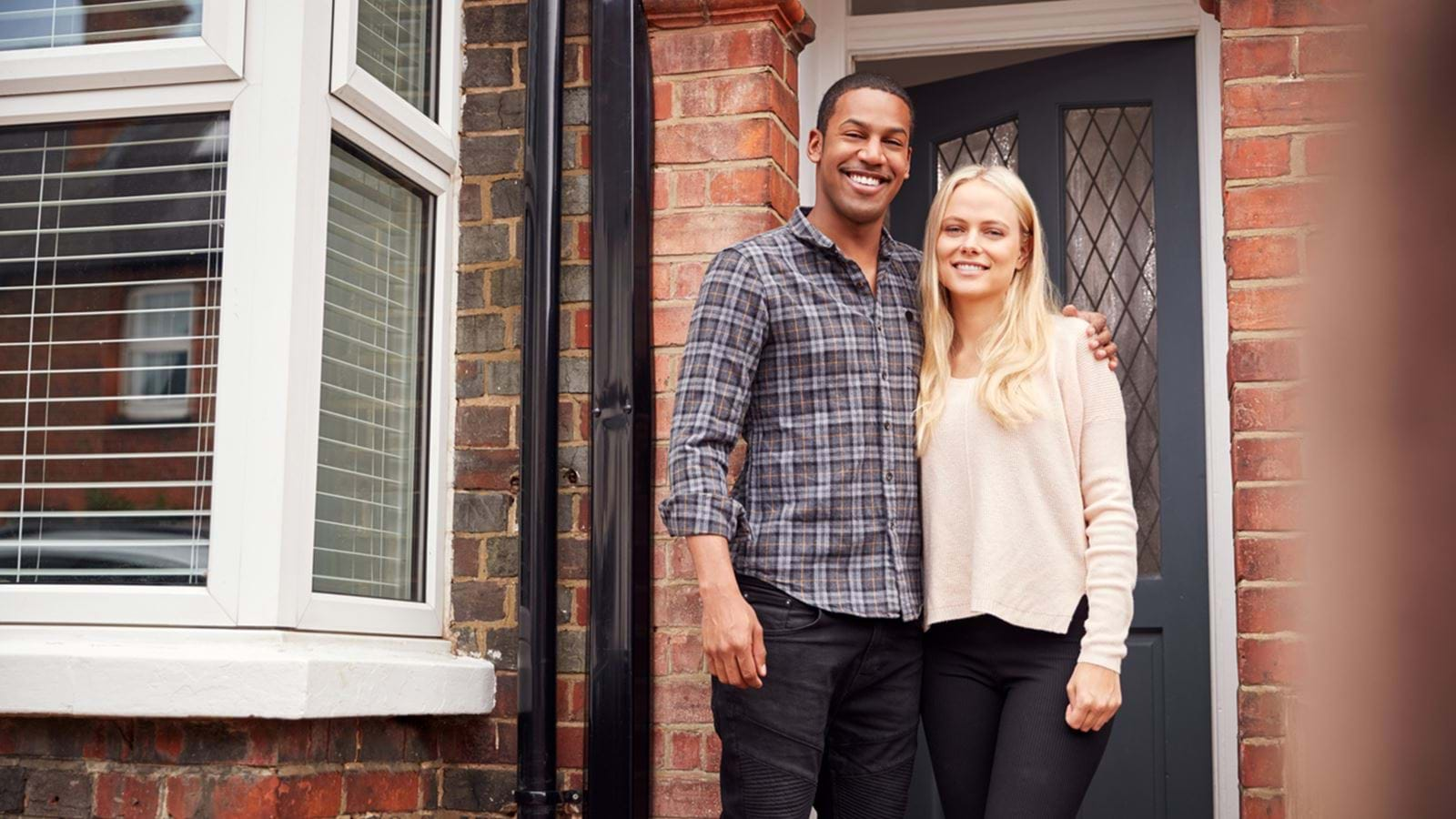Renting vs Buying

Many of us refuse to view our home as an investment. We want to keep it separate from the portfolio and our home as our home, not ones and zeros. The reality is, of course, this is just a way to deceive ourselves because buying a home is likely the most important investment we make in a lifetime. For most people, it's one of the biggest contributing factors toward wealth and retirement age.
This article will explore home ownership for what it is, an investment, and if it stacks up against the often-denounced renting.
Arguments against buying
Many people, particularly in the property-loving UK, will be bewildered at the idea of home ownership being anything less than ideal. So we have compiled a list of arguments against buying below but will further explore if it’s still worth it later in the article.
- Illiquid investment — Expensive and timely to sell
- Lacks diversification / high systemic risk — A single asset in a single asset class in a geographical market
- High maintenance costs — Estimated to be around 1% a year of the home’s value
- Interest rate risk with rising repayments — Expected to continue rising
- Limits job opportunities — Less mobile to take out-of-town jobs which limits career earnings
- Limited buying options — There may only be 100 3-bedroom houses for sale in your area
- Risks of being over-leveraged — Over-leveraging can risk negative equity and unaffordable repayments
- UK house prices are forecast to decline in 2023
When renting, we as individuals are simply freer. We can pack our things up, move town to a new job, or change apartments if we see a better deal on the market. We have fewer commitments regarding maintaining the home if things go wrong - simply ring the landlord - and we aren’t in danger of rising repayments. And, whilst rent can rise too, we are more able to avoid it by moving home, something that’s more difficult when owning.
Another downside to owning a home is the opportunity cost it presents in your portfolio. Opportunity cost is the cost of forgoing the next best opportunity. In this case, the opportunity cost of owning a home is having that equity (your deposit) tied up.
If we assume that average market returns after inflation are around 8% (closer to 5-6% for UK investors), whilst UK house prices are closer to 2 - 2.5% adjusted for inflation. So, our money will perform better when invested elsewhere.
Arguments against renting
We aren’t suggesting that renting is perfect, or even better, but we need to look at both sides of the argument. Below are the ever more familiar disadvantages of renting.
- Rent is 100% lost money — A portion of mortgage repayments contribute to equity
- Being mortgage free — Owning a home can lead to having a mortgage-free home in retirement
- Maintenance can increase value — Money invested in the home can be recouped
- Security — You won’t be forced out of your home at a difficult time for no reason
- Visibility — Having a visible asset is useful to help keep us motivated and on-track
- Less prone to psychological biases — The illiquid nature of a home can be an advantage in terms of stopping us from making poor investment decisions
- Mortgage flexibility — If you’re struggling, you can go interest-only or release equity, though this can pose a debt risk down the line
- Family benefits — There are non-monetary benefits to having a stable family home that can be customised and renovated just how you like it
A very underrated benefit of owning a home is that it forces you to make investments, yet it can prevent you from making poor investments with some of your money. Firstly, the money we spend on our mortgage cannot be used on poor investments, and it's a forced payment that helps us build equity. When renting we may forget or find it difficult to invest our surplus income. But with a home, we are forced to ‘invest’ each month with our mortgage repayments - some of that money goes into our future wealth.
Furthermore, if we are self-disciplined to invest whilst renting, there’s a world of poor investments out there that can harm us. A home, whilst lacking in diversification and has modest growth, is a fairly safe investment in the UK compared to in-favour tech stocks, for example. Plus, we can’t panic-sell our home during a property crash, but many give into these pressures when trading stocks. Of course, we can still make poor investments and own a home, but it removes some choices for us.
Rent Vs Buy: How to decide?
In general, those very early on in their careers can make good use of renting. If they’re happy to flat-share in London, for example, many more career opportunities can arise. Plus, high-return investments like index funds can be made very early on, giving them a long chance to benefit from compounded returns.
Though, as we grow older, family and security become more important. We may find ourselves settled in one town with a job we love, and a family that doesn’t want to move home. This is when buying a home becomes more attractive - when we don't want the flexibility of renting.
However, if you’re looking at it from a purely monetary point of view, there’s a quick rule-of-thumb calculation that can help: the 5% rule. Very briefly, this determines how much owning a home costs, so we can then plug in hypothetical renting prices to see if we would be better off.
Owning a home has 4 major costs (% of home value):
- One-off fees — 1% (mortgage fees, stamp duty, moving home every X years etc.)
- Maintenance — 1% (ground rent, plumbing etc)
- Debt — 3% interest rates
- Opportunity cost of capital — 3% (roughly 2% property real return as opposed to roughly the 5% UK index fund real return)
It should be noted that these numbers are rough estimates, and we can change them depending on the situation (i.e. when interest rates change).
The first two costs, fees and maintenance, will always exist (2%). The latter two costs depend on how we are financing the home. If it’s through debt, we will pay around 3% of the home’s value in interest rates. If we own the home fully, we are forgoing 3% worth of returns. If we have a 50% mortgage, the mix still ends up at 3%.
So overall, owning a home often incurs irrecoverable costs of around 5% of the home’s value per year. All we need to do now is see if our desired home on the rental market is more, or less, in annual rent than 5% of our desired home’s asking price. So, we would be better off renting a home at £1,000 monthly rent (£12,000 annual rent) than buying it for £400,000, because 400,000 * 0.05 = £20,000 irrecoverable annual costs of owning, which is £8,000 more expensive than renting.
For bespoke guidance on mortgages and investing, please get in touch with a Moneytree Wealth Management advisor. Moneytree Wealth Management provides expert advice and guidance on investing and retirement planning.

Need some help?
Talk to our experts today
